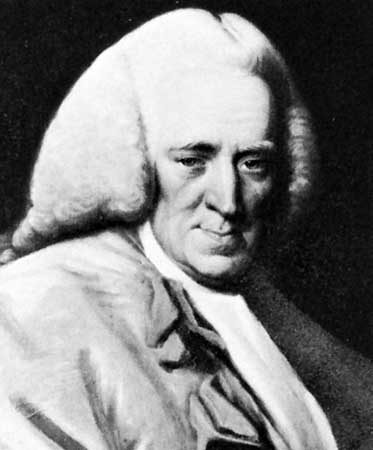
Man is evidently intended to live in society; and because there can be no society among creatures who prey upon one another, it was necessary, in the first place, to provide against mutual injuries. Further, man is the weakest of all creatures separately, and the very strongest in society; therefore mutual assistance is the chief end of society; and to this end it was necessary, that there should be mutual trust and reliance upon engagements, and that favours received should be thankfully repaid. Now, nothing can be more finely adjusted than the human heart, to answer these purposes. It is not sufficient that we approve every action that is essential to the preservation of society: it is not sufficient, that we disapprove every action that tends to its dissolution. Approbation or disapprobation merely, is not sufficient to subject our conduct to the authority of a law… This circumstance converts into a law, what without it can only be considered as a rational measure, and a prudential rule of conduct. Nor is any thing omitted to give it the most complete character of a law. The transgression is attended with apprehension of punishment, nay with actual punishment; as every misfortune which befalls the transgressor is considered by him as a punishment. Nor is this the whole of the matter. Sympathy is a principle implanted in the breast of every man; we cannot hurt another without suffering for it, which is an additional punishment. And we are still further punished for our injustice or ingratitude, by incurring the aversion and hatred of all men.
—Henry Home, Lord Kames, Essays on the Principles of Morality and Natural Religion, essay ii, ch. iv (1779)


